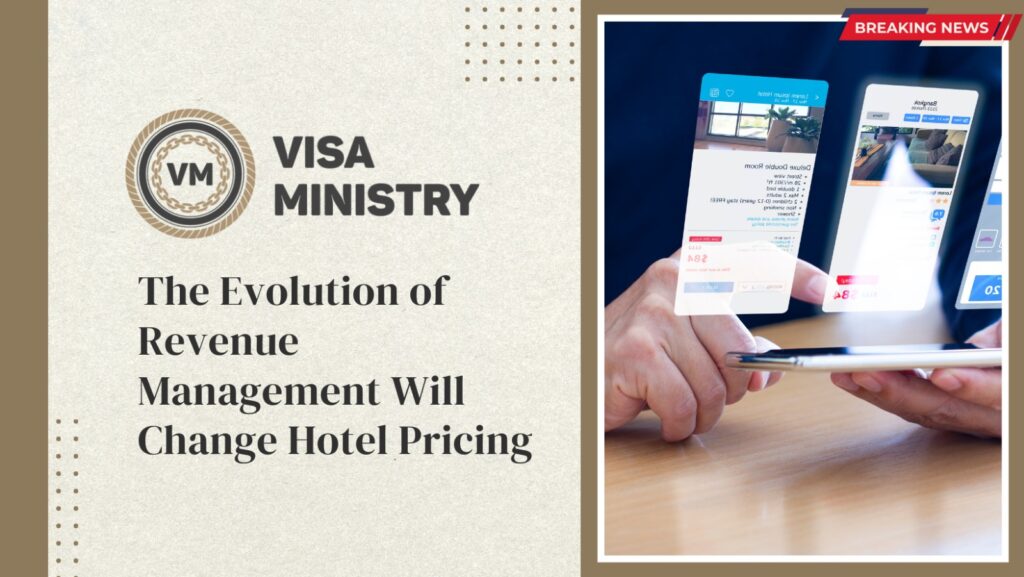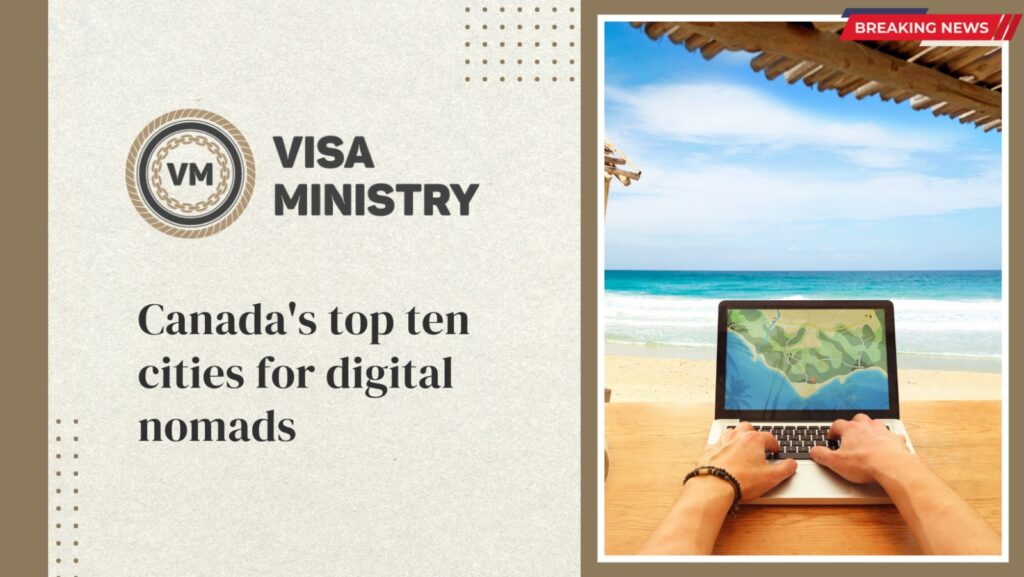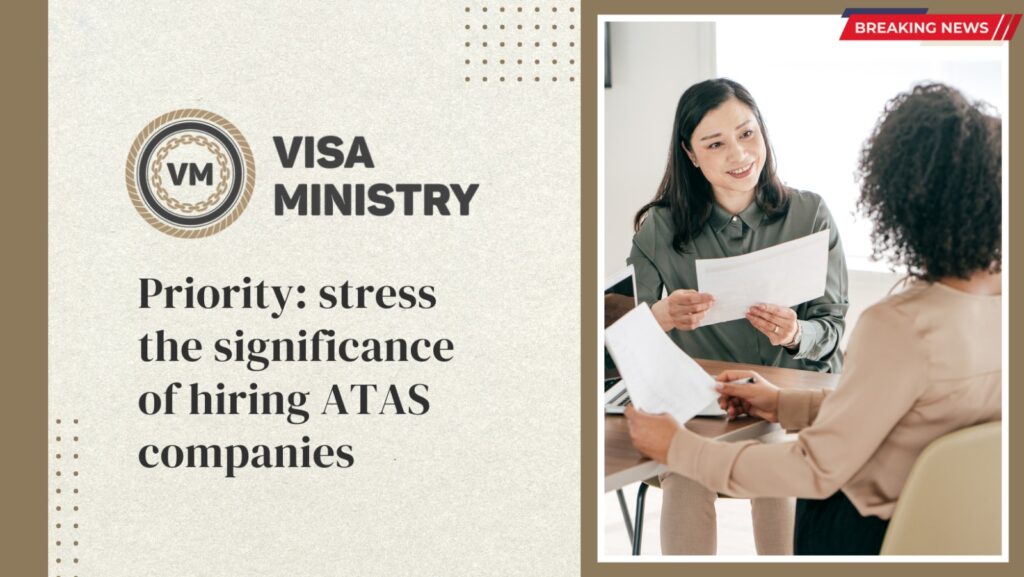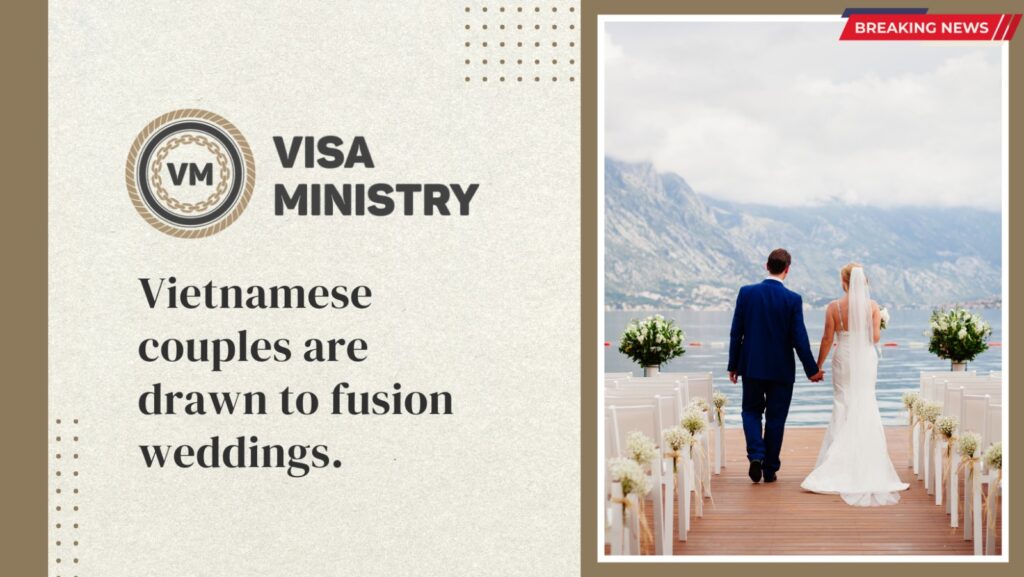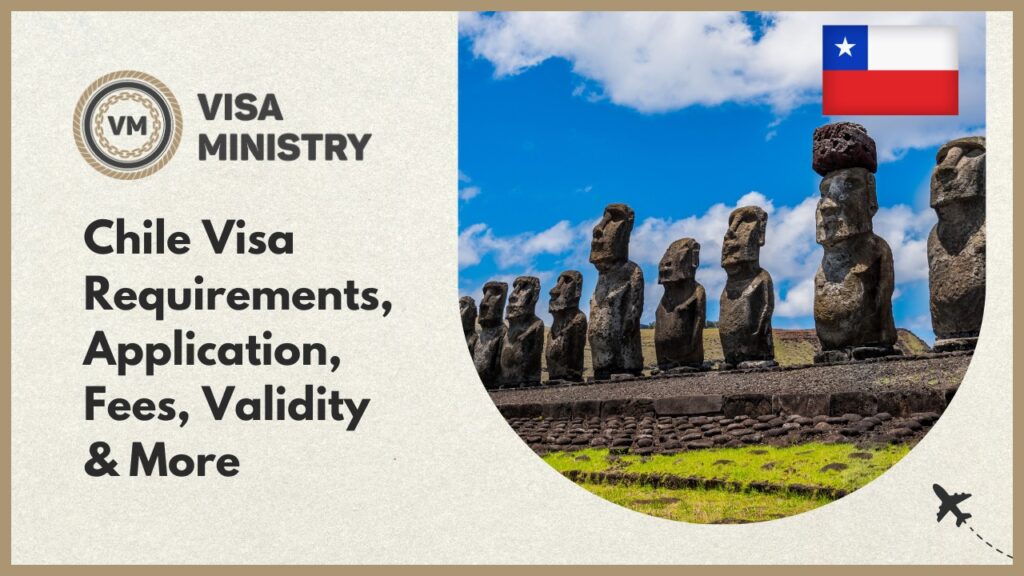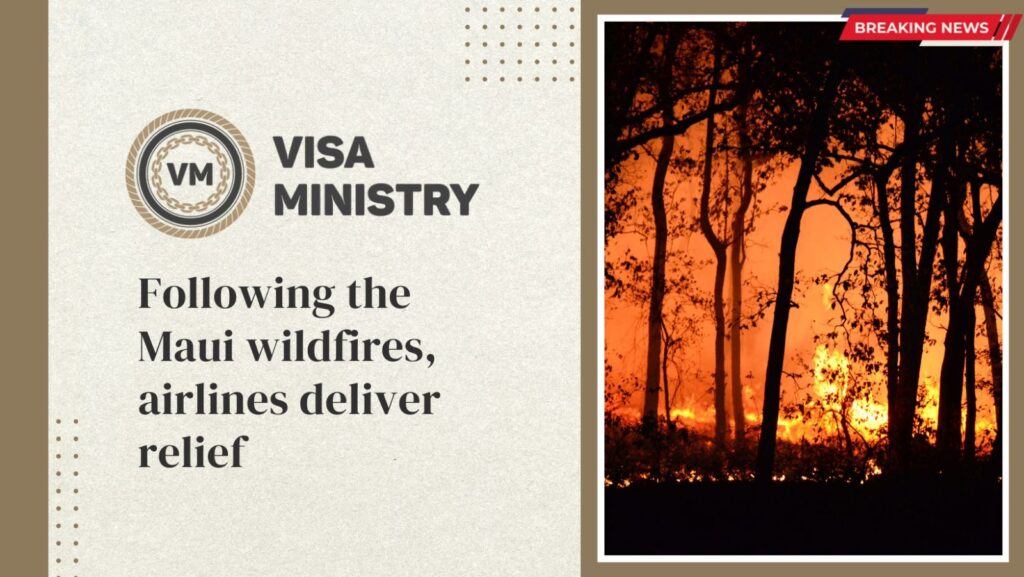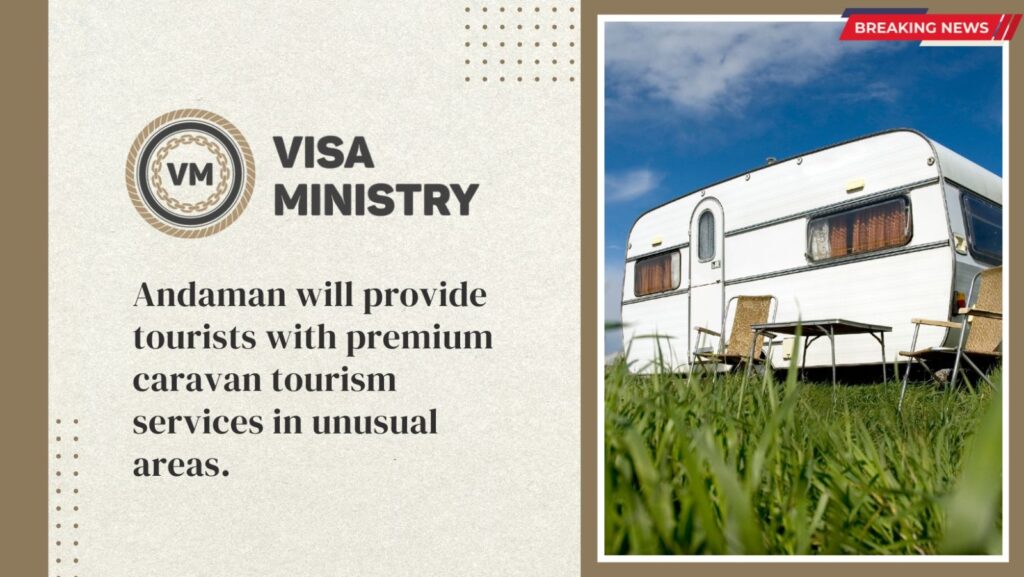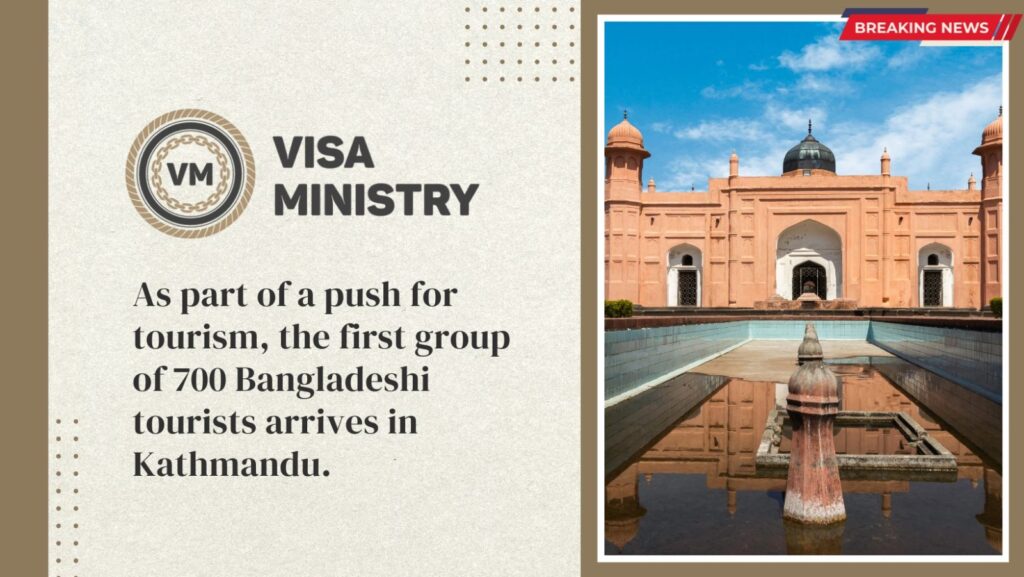The Evolution of Revenue Management Will Change Hotel Pricing
Recognizing the value of a diversified business mix is more important for hoteliers as the hotel industry changes in response to shifting consumer tastes and changes in the global economy. It is a strategic need that can make or break a hotel’s long-term success that diversification is more than simply a trendy word. During economic downturns or unforeseeable crises (like the recent pandemic), hotels in the APAC area that only rely on one or a small number of revenue streams put themselves at risk. For instance, during a recession when businesses cut their spending, hotels that are unduly dependent on business travel may suffer. Hotels are protected from such economic changes by a varied business mix. A more consistent revenue stream is guaranteed throughout the year with a well-balanced portfolio that comprises corporate clients, leisure travelers, group reservations, events, weddings, and local markets. why it has historically been difficult to set prices for various market sectors Many hoteliers today rely on a variety of product offers to obtain a more diversified market mix, such as extended stay business travelers, limited-service packages, city escapes, loyalty discounts, and so on, in order to meet demand and run successfully in a disrupted business environment. In the past, hotel operators faced significant difficulties with pricing for various market groups because their Revenue Management System (RMS) could only support dynamic pricing derived from one rate, namely their daily rate. The ability to charge for extended stays is further restricted by legacy pricing systems, which impose rigid room type or occupancy-based offsets. When selling their daily rates, which also have their own derived prices, incentives, and discounts, extended stay properties with serviced apartments must negotiate a complex web of products by length of stay. while overseeing facility operations and visitor interactions. This presents a challenge for hotel operators, who must quickly determine how to secure the highest-value bookings at the best rate while taking into account the cascading effects that a change in pricing will have on all linked products, each of which has its own barriers or constraints to appeal to specific market segments. As an illustration, business travelers wanting to book a serviced apartment for a stay of a month or longer behave significantly differently than short-stay leisure customers who purchase a hotel’s daily rate (for stays of less than a week). In contrast, longer-staying guests—who are often more profitable—tend to make reservations for longer stays that overlap a few busy nights, which may result in higher prices and the possibility of other accommodations. In reality, balancing such a dense web of factors frequently led to poor revenue management decisions. Profit from the demand from visitors with various needs. Hoteliers want innovative technologies that enable operators to set their base rates independently of one another, optimize the associated discounts and add-ons in accordance with the individual demand patterns, and take into consideration the overall demand and revenue potential of the property. The business challenge is to be able to automatically and concurrently price the daily flexible rate, which is frequently offered for the retail market, as well as other independent products, like extended stay monthly rates, which are only displayed/sold to a very specific type of client. The new Independent Products feature in IDeaS’ G3 RMS enables hotel operators to capitalize on demand from visitors who have a variety of needs for the various sorts of accommodations that are available at their establishment. Independent Products make it possible for each product to be optimized and priced separately, maximizing income while maintaining rate hierarchy and product positioning. The technology eliminates the intricate web of regulations, labor-intensive manual rate administration, and static offline pricing that frequently increases the risk of mispricing, enabling hoteliers to price and optimize in real-time. Hoteliers now have unprecedented levels of flexibility to improve rate control and expedite distribution thanks to the recently announced Independent Products feature working in conjunction with Linked Products. Now, G3 RMS is not only able to use deep learning to create a rate structure that maximizes revenue for multiple products across all dates of occupancy and types of accommodations, but it can also automatically change prices for the rates that go along with those products (like discounted rates for advanced purchases or loyal customer memberships). This helps avoid the needless income loss that results from employing a static discount rate. With an advanced RMS, you can generate revenue and capture the right bookings. Hotel operators across the APAC region are being forced to reconsider their business mix and pricing strategy due to a combination of shifting booking habits and escalating competition. To reduce the risks brought on by economic changes, improve their competitiveness, stimulate innovation, draw in top talent, and assure long-term sustainability, hoteliers must now develop a more diverse mix of business. Modern RMS systems represent a significant improvement over conventional pricing strategies. Hoteliers can now easily capitalize on the distinctive demand patterns of all their important base goods to get the most valuable reservations and generate new levels of revenue for their company thanks to solutions like Independent and Linked goods. Source- Travel daily
The Evolution of Revenue Management Will Change Hotel Pricing Read More »
